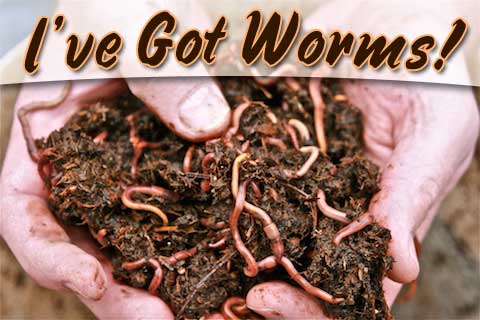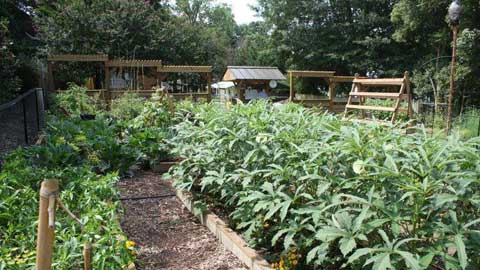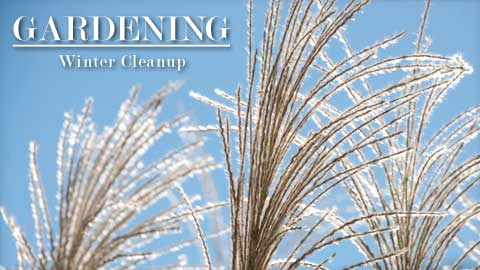Story and photos by Hal Goodtree
Cary, NC – Driving around town, it’s easy to see what’s going on in our gardens this month: baking heat.
But several types of low-moisture plants love the hot, dry weather and make a nice addition to the summer garden.
Sedum, the King of Succulents
Sedum comes in many sizes and likes it hot and dry.
Succulents are plants that store moisture in the leaves. For Cary gardens, nothing beats Sedum for thriving in a hot, dry spell. Also called Stonecrop, I must have six or seven varieties around the yard.
There are tall, leggy varieties that make a good show of odd and interesting flowers. And there are small varieties that never seem to flower at all.
All of them love the dry heat of midsummer.
Sedum propagates easily. Just break off a leaf or a stem, let it dry overnight and stick the calloused end in the dirt.
Hens & Chicks

Hens & chicks in a 6" pot
Sempervivum to garden enthusiasts, or “Hens and Chicks” makes a nice ground cover or potted plant.
It comes in a variety of colors and rosette shapes. According to Wikipedia, Hens and Chicks “grow close to the ground with leaves formed around each other in a rosette, and propagating by offsets. The ‘hen’ is the main plant, and the ‘chicks’ are the offspring, which start as tiny buds on the main plant and soon sprout their own roots, taking up residence close to the mother plant.”
Grasses
While my lawn is half-dead, many varieties of taller grasses do well in the heat and need little care.
From Black Mondo Grass (just 6″ tall) to giant Pampas Grass (over 9′ tall), I seldom (if ever) drag the hose over to give them a drink. Many taller varieties like Zebra Grass add an exotic twist to Cary gardens.
Zebra Grass grows about 5' tall by 3' wide
Also worth mentioning, Liriope is a hardy, happy grass-like plant of medium height. It’s great for edging. Sedge also works well, but can be invasive and, to my eye, is not as pretty.
Other Dry Season Stalwarts
Prickly Pear is another heat-lover, a large cactus growing to shrub-like proportions with interesting flowers and fruit.
Ivy comes in many varieties – small leaf and large leaf, dark green, bright green and almost white – and it will grow in sun or shade, wet or dry. It makes a great ground cover or pot plant, but it has to be clipped back every year to keep it from over-running the neighborhood.
Nandina is a small-leafed shrub. It comes in several varieties and sizes, all with interesting seasonal colors and brightly colored berries. It’s another plant that’s hard to kill and is making a nice show in gardens across Cary during this hot July weather.
Flowering Plants for Heat
French marigolds flower until frost.
A lot of plants just “go to sleep” during the hot weather, but a few flowering plants actually look their best at this time of year.
Geraniums like it really hot and don’t need a lot of water. Ditto Begonias. Marigolds are happy in the heat and have modest water needs. Coneflower gets a little stressed in the summer, but continues to produce flowers through July and August while providing food for the birds.
Plants in Pots
Another way to beat the heat in the garden is to locate a collection of potted plants near a hose. We have a little container garden outside our kitchen window on the back deck.
Cheery Tomatoes in a 3 gallon pot
Small-fruited cherry and grape tomatoes do well in a pot. Fig trees can be kept to a manageable size and produce tasty fruits during the height of summer in Cary.
Pansies like it hot (as long as their feet stay wet) and come in a rainbow of flower colors. Zinnias are happy and prolific in a pot. Sunflowers come in some smaller varieties and look good in mid-summer.
Impatiens add a tropical flair to your container garden but need moist soil.
Almost all the flowering plants benefit from a little liquid fertilizer on a regular basis. I use the dry-crystals in a big bucket (or wheel barrow) full of water and immerse the plants completely.
This article provided courtesy of Whole Foods Market of Cary, Sponsor of the CaryCitizen Scavenger Hunt on Saturday July 24!





